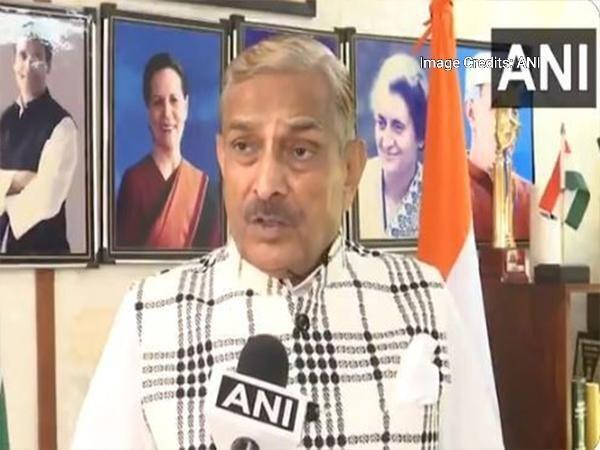
Over 83,000 non-state subjects received J&K domicile: State Govt
In a recent development, the Jammu and Kashmir Revenue Department has revealed that over 83,000 people, or ‘non-state subjects’, have received domicile certificates in the state of Jammu and Kashmir in the last two years. This information was shared in a written reply to a question raised by PDP’s Waheed ur Rehman Para.
As per the data provided by the Revenue Department, a staggering 35,12,184 domicile certificates were issued through the department in the last two years. This significant jump in the number of domicile certificates issued is a testament to the changing dynamics of the state’s population and the government’s efforts to provide legal recognition to non-state subjects.
For the uninitiated, the domicile certificate is a crucial document that confirms an individual’s residency in Jammu and Kashmir. It is an essential document required for various purposes, including education, employment, and property ownership. The domicile certificate is issued by the Revenue Department of the state government, and it is a one-time certificate that is valid for life.
The issuance of domicile certificates to non-state subjects has been a contentious issue in the state, with various stakeholders having different opinions on the matter. While some see it as a necessary step to provide legal recognition to non-state subjects, others argue that it could lead to an influx of outsiders and dilute the state’s unique identity.
In recent years, the Jammu and Kashmir government has been working to provide domicile certificates to non-state subjects, with the aim of providing them with equal opportunities and benefits. However, the process has been marred by controversy, with many criticizing the government for not following a transparent and fair process.
Despite the controversy, the Jammu and Kashmir Revenue Department has continued to issue domicile certificates to non-state subjects. The department has set up special camps and counters to facilitate the process, and has also made efforts to reach out to remote and underserved areas.
The issuance of domicile certificates to non-state subjects has also led to a significant increase in the number of applications received by the Revenue Department. According to official figures, the department received over 12 lakh applications for domicile certificates in the last year alone, a significant increase from the previous year.
While the increase in the number of domicile certificates issued is a positive development, it also raises concerns about the impact on the state’s demography. With the influx of outsiders, there are fears that the state’s unique cultural and ethnic identity could be diluted.
Moreover, the issuance of domicile certificates to non-state subjects has also raised questions about the state’s domicile law. The law, which was enacted in 2019, requires non-state subjects to prove their residency in the state for at least 15 years to be eligible for a domicile certificate.
However, critics argue that the law is flawed and has led to a situation where many non-state subjects are being denied domicile certificates. They argue that the law is arbitrary and does not take into account the cultural and social ties that many non-state subjects have with the state.
In conclusion, the issuance of domicile certificates to non-state subjects in Jammu and Kashmir is a complex issue that has far-reaching implications. While the government’s efforts to provide legal recognition to non-state subjects are laudable, it is essential that the process is transparent and fair.
It is also essential to address the concerns of the local population and ensure that the state’s unique identity is protected. The government must also ensure that the domicile law is reviewed and revised to make it more inclusive and fair.
As the situation continues to evolve, it is essential that all stakeholders engage in a constructive dialogue to find a solution that benefits all parties. Only through such a collaborative effort can we ensure that the state’s unique identity is preserved while also providing equal opportunities to non-state subjects.
Source:
https://thecsrjournal.in/non-state-subjects-received-domicile-certificates-last-two-years-jk-govt/






